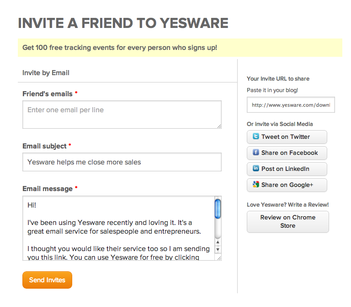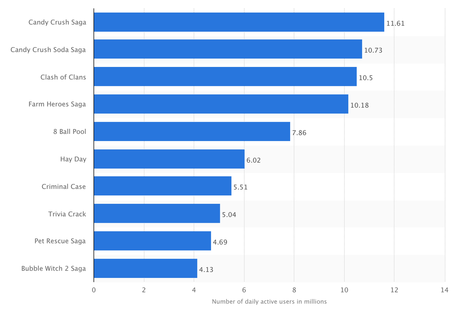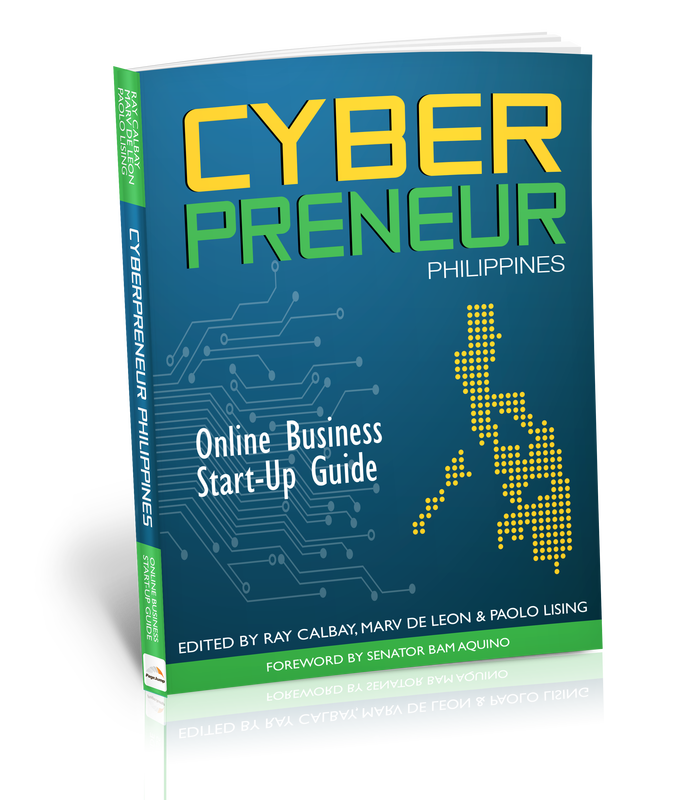|
A friend of mine invited me to speak about Product Design and Skimpl in this meetup of UX designers in Cebu last month. During pizza break, a young woman approached me to ask a question in private. She seemed hesitating at first, as though torn between nagging curiosity and concern that I might find her question improper. "If Skimpl is for free, why are you doing it?" Then I told her about our subscription packages, which we plan to implement as soon as we've launched the final version of the product. This one's not gonna be til October this year though. There's still some things to do, but that's where we're heading soon. We'll also be making and API available for developers to use. There's still a lot of other ways to make money out of SAAS. Some may not be applicable to Skimpl, but they could work for SAAS products. I've listed some of them below along with some examples: Subscription Most all SAAS businesses charge subscription fees for the use of their product. The pricing could be fixed monthly or yearly. Pricing could also be tiered based on certain criteria such as number of users/seats (Jira), amount of space being consumed (Dropbox, Amazon AWS), number of projects entered (Basecamp), and others. Below is an example of tiered pricing. I got it from the pricing page of Basecamp. Referrals and affiliate sells If Skimpl were to partner with third-party affiliate providers or other companies on an affiliate program—say, for example, we refer our customers to them, every referral that we make could be a point towards us. If we get to refer 1 million people and every referral is equivalent to $10, then that means we get richer by $10m. We could also be the other party in an affiliate agreement, where for every customer referrals sent to us, we pay the referrer a certain percentage of the revenue. Below is a referral form from Yesware. Add ons or upsells In addition to subscriptions, SAAS businesses could charge for related services, products, or features that may not be part of their core offering but could be valuable to their existing users. These are called add ons or upsells. You’ll find this in mobile games where game providers sell to their existing players more lives or more power or ammunition or others. Below is an example of an upsell screen from Zynga's Farmville. APIs One way to grow beyond proportions is to take advantage of this phenomenon they call “network effect”. Wikipedia defines "network effect" as the effect that one user of a good or service has on the value of that product to other people. The more people that come to use your product, the more valuable your product becomes. One of the ways to achieve network effect is to position your product as some sort of ecosystem where other products can also reside, make money, and bring in new customers. If you look at Facebook, for example—there are so many applications that are now sitting on top of it, including games. Statista published a report on top-performing games from Facebook based on number of daiy active users. Candy Crush tops the list at 11.61 million users. Top Selling Facebook Games as of May 2015 These game companies make use of Facebook’s application programming interface (API) so they can have their apps “reside” within the Facebook ecosystem. Some companies charge for the use of their APIs, others don’t. But regardless if they charge or not, having APIs that can be available to the public is still one of the best ways to expand your product. There are other tools worth considering but may not be applicable for Skimpl. Example: White Label Licensing White label licensing is partnering with another party and allowing that other party to brand and sell your product as their own. In exchange you get to share in their revenue, at the same time you get to charge them license fees. We used to do this when I was working in a gaming company. We operated a software platform. Our customers were licensees of our product. Our customers get to “custom clothe” the product and sell it as their own. We make money out of fixed license fees as well as share in the revenue of our licensees. Selling white papers, books, and reports Distimo, Basecamp, Salesforce have all made millions out of selling books and industry reports. In the case of industry reports, what they do is compile customer data from their database and come up with market research based on those. Am not sure if we can do this for Skimpl. Perhaps when we’re big enough have zillions of customers already. But sure, this is a really huge income stream. In fact, for Basecamp, this is what’s making their founders billionaires. Customer service
To me, this sucks. Why companies charge for customer service is beyond me. But true, some SAAS companies charge additional fees for extra customer service. The first SAAS product I remember using with total seriousness was SAP. We were integrating accounting systems with offices from our other locations outside of the country and were asked to adopt to what the central office was using. They paid one SAP guy to go to the office to “onboard” everyone. He made a presentation about the product and lectured us on how to do accounting things with the product. Which really made everyone in the conference room sleepy despite the abundance of coffee. In the days that followed, we had additional dry runs and conference calls with our head office to get everyone in synch. But, a few months already after the implementation and everyone still struggled with the tool. I suppose SAP may have made money out of customer service, but that to me, was stupid. We didn’t need to ask for customer service if their product was clearer in the first place. Anyways, that was 10 years ago. I’ve now gotten over the trauma. And I’ve learned to love SAAS. Now am also venturing into my own SAAS and I’ve discovered how profitable this venture can be if done right. |
AUTHOR
I'm passionate about business, art, and technology. For more about me, click here.
BOOK PROJECT
Here's a book I co-wrote with a bunch of industry colleagues. Not sure if you'll find it useful, but feel free to check once you can. OTHER SITES
Personal
Tortured squid Hobbies & other stuff Work LegalMatch Philippines Artcebu Others Ateneo Graduate School of Business University of San Carlos Archives
October 2020
|





